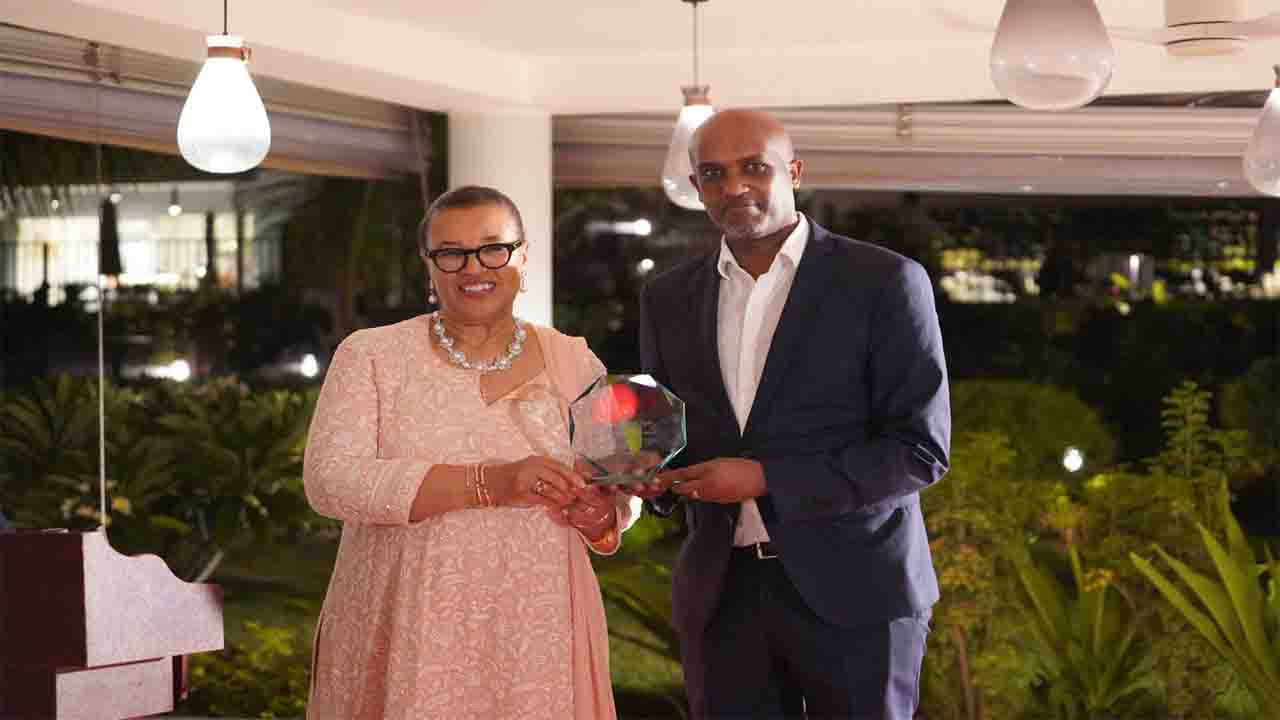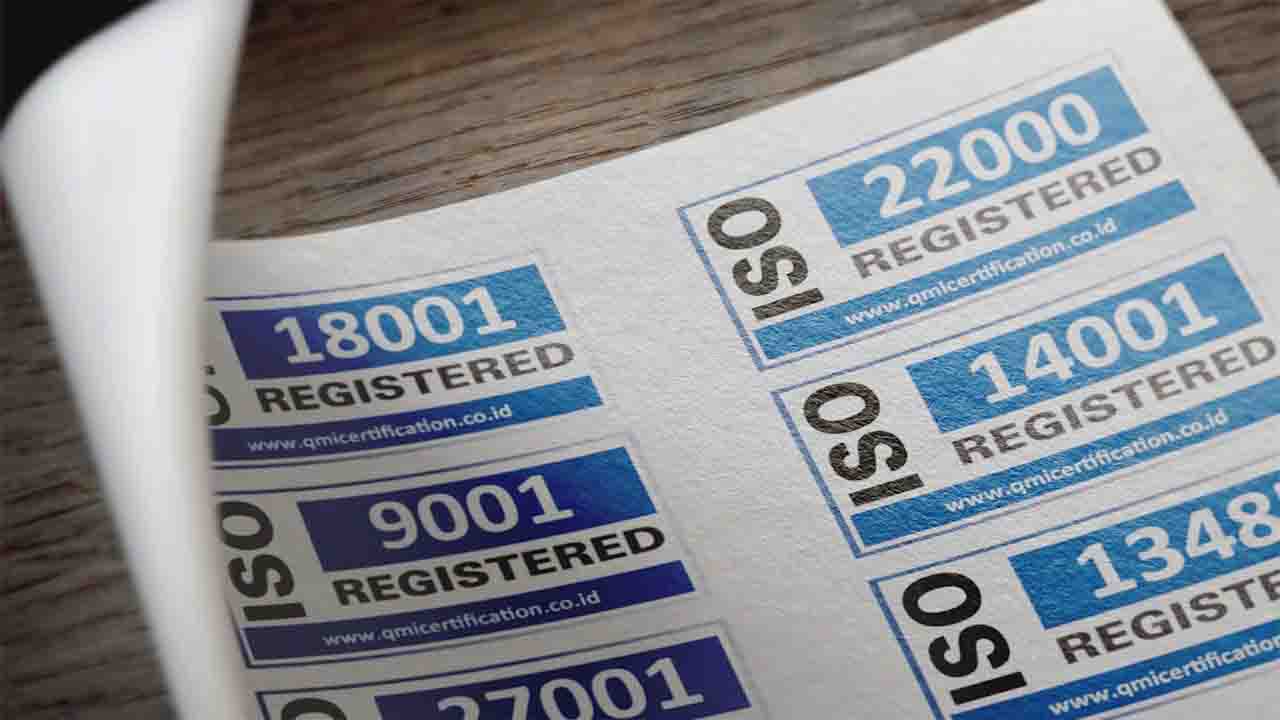Agriculture and Climate change Australia (Commonwealth Union) – Some of the key obstacles to the wide spread application of vehicles using renewable energy are the high initial cost, charging time and the distance traveled. A new record may possibly resolve some of these key issues.
A solar-powered car build at the University of New South Wales (UNSW) by students averaged nearly 85km/h over 12 hours to set Guinness World Record with just 8 minutes to spare.
The UNSW Sunswift 7 solar-powered electric car has claimed a Guinness World Record by traveling a 1000km in one charge in less than 12 hours.
The vehicle was, designed and produced by students, who made a verified time of 11 hours 52.08 minutes for the distance at the Australian Automotive Research Centre (AARC) in Wensleydale, located in the state of Victoria.
This is an equivalent to an average speed of almost 85km/h and secured the Sunswift Racing team a new record for the ‘Fastest EV over 1000km on a single charge’.
This was made official with the Guinness World Record certificate that was given a few days after the timing information and car telemetry data had been analyzed and verified by a team of experts.
The Sunswift Team Manager Andrea Holden, a Mechanical Engineering student at UNSW was delighted with the achievement of the car and elated to be part of this world record and stated that it felt very weird to think that they have assisted in making something that’s the best in the whole world.
“Two years ago, when we started to build this car, everything was going into lockdown and there were a lot of difficult moments.”
“But it’s been so rewarding to see the whole team come together and make so much progress and get us to this amazing point. It was a lot of work and a lot of hours and a lot of stress, but it’s all been worth it.”
“This world record is validation of all the effort everyone in the team has put in,” she said.
Sunswift 7 is the most recent in a long line of successful solar-powered cars from UNSW since the 1st vehicle was made back in 1996.
The weight is just 500kg, about one quarter that of a Tesla, and indicating good efficiencies as a result of its aerodynamic design, the efficiency of the motors and during the drive chain, and much less rolling resistance.
The record attempt was not absent of any incidents, with a battery management problem resulting in the car to having a complete stop at one point. The rules of the event indicated that Sunswift 7 can’t be stationary for over 15 minutes at a time and it took the team 14 minutes and 52 seconds to take corrective measures and be back onto the track.
Team Principal, Professor of Practice Richard Hopkins, stated that the world record indicates what is possible and what can be achieved, albeit with a vital weight advantage in comparison to road legal cars needing a host of features, like airbags and an air conditioning system, that Sunswift 7 does not include.
Professor Hopkins won 4 F1 world titles while Head of Operations at Red Bull, however considers this Guinness record just as highly.
“This is amazing, incredible. Wow. The whole year has been leading to this point and it hasn’t been plain sailing. To be honest, we had our doubts whether we were going to be able to achieve it,” said Professor Hopkins.
Sunswift 7 completed 240 laps of AARC’s Highway Circuit, which is similar to more than driving distance from Sydney to Melbourne, to be record breaking. The car was halted just to permit a change of driver every few hours and 1 tyre change as a result of a puncture and battery management fixing.
















